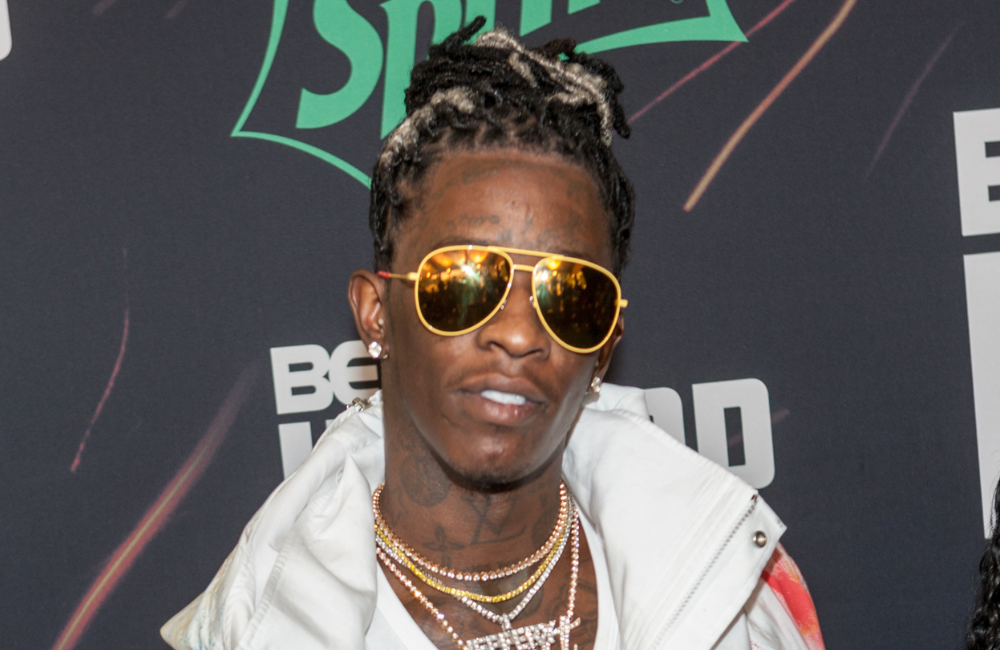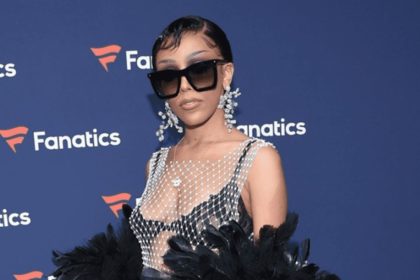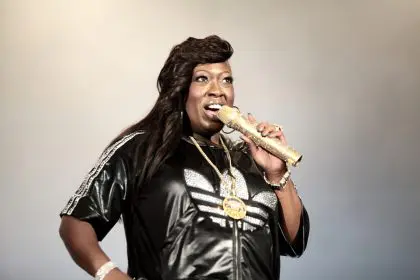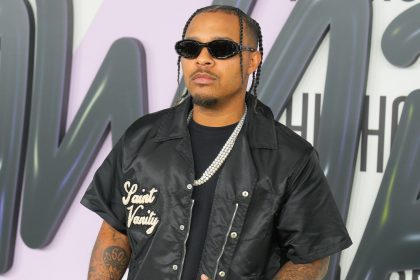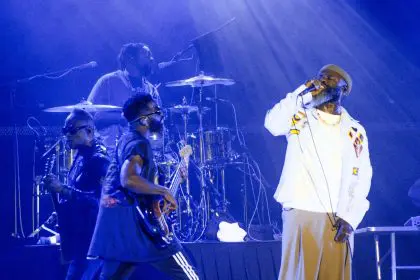The hip-hop community erupted in controversy this week after Atlanta rapper Young Thug made disparaging comments about Kid Cudi on social media, calling the Cleveland-born artist a “rat” following Cudi’s testimony in a high-profile federal case involving Sean “Diddy” Combs. The incident has reignited discussions about loyalty, accountability and credibility within the rap industry.
The inflammatory social media post
Young Thug, whose legal name is Jeffery Lamar Williams, posted his criticism on Instagram before quickly deleting the message. The comment appeared shortly after Cudi testified in federal court about an incident where someone destroyed his Porsche with a Molotov cocktail, allegedly connected to tensions with Diddy over Cudi’s past relationship with Cassie Ventura, Diddy’s former girlfriend.
During his court testimony, Cudi described how someone contacted him about his burning vehicle, prompting him to rush home where he discovered his Porsche’s convertible top had been sliced open to insert the incendiary device. The testimony forms part of the federal government’s broader case against Diddy, who faces multiple charges including sex trafficking and racketeering conspiracy.
Swift and severe online backlash
The rap community’s response to Young Thug’s comment was immediate and overwhelmingly negative. Social media platforms filled with criticism from fans and industry observers who questioned the timing and appropriateness of his remarks. Many users highlighted what they perceived as hypocrisy, given Young Thug’s recent legal troubles and plea agreement.
The backlash intensified as users reminded others of Young Thug’s own cooperation with prosecutors. Critics pointed out the apparent contradiction between his criticism of Cudi’s testimony and his acceptance of a plea deal in his own criminal case. The harsh reactions demonstrated how quickly public opinion can shift against artists who appear to violate unwritten codes of conduct within hip-hop culture.
Young Thug’s complex legal situation
The timing of Young Thug’s comments proved particularly problematic given his recent resolution of serious criminal charges. In October, he accepted a plea agreement in the lengthy YSL RICO prosecution that had dominated headlines for months. The deal resulted in a lengthy sentence structure, with time served and probation terms.
His plea agreement includes stringent conditions that significantly impact his daily life and career. He must complete community service hours annually and cannot enter the Atlanta metropolitan area for an extended period except for specific family events and professional obligations. These restrictions represent a dramatic change for an artist whose identity has been closely tied to Atlanta’s music scene.
Escalating tensions with former associates
Young Thug’s criticism of Kid Cudi follows a pattern of public disputes with other artists who have faced similar legal pressures. His relationship with former YSL associate Gunna has deteriorated since both artists accepted plea deals in the RICO case. When Gunna recently posted a photograph showing he had removed his YSL tattoo, Young Thug responded with a cryptic comment suggesting their association “must end.”
These public disagreements have created additional controversy for Young Thug, who appears to be navigating complex relationships with former collaborators while managing his own legal obligations. The situations have raised questions about how artists maintain professional relationships after cooperating with law enforcement in various capacities.
Industry accountability and public perception
The controversy surrounding Young Thug‘s comments reflects broader tensions within hip-hop regarding cooperation with law enforcement and legal accountability. Many observers have noted the irony of an artist criticizing another’s legal testimony while having recently accepted his own plea agreement. This perceived inconsistency has fueled debates about authenticity and credibility within the rap community.
The incident also highlights how social media amplifies conflicts between artists, allowing brief comments to generate widespread discussion and criticism. Young Thug’s quick deletion of his Instagram post suggests awareness of the potential consequences, but the damage to his public image had already begun spreading across platforms.
Long-term implications for both artists
As both Young Thug and Kid Cudi continue managing their respective legal and professional challenges, this controversy adds another layer of complexity to their public narratives. For Young Thug, the incident may complicate efforts to rebuild his career while serving probation. His comments have generated negative publicity that could affect future collaborations and business opportunities.
Kid Cudi, meanwhile, has maintained relative silence about Young Thug’s comments, focusing instead on his ongoing projects and legal obligations. His decision to testify in the federal case against Diddy represents his cooperation with law enforcement, which some view as necessary civic duty while others within hip-hop culture may view differently.
The situation underscores how legal troubles continue influencing relationships and public discourse within the music industry long after cases conclude.

